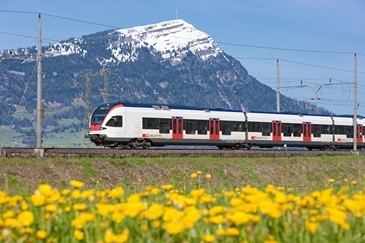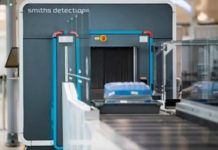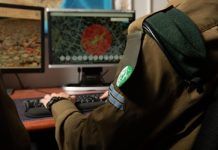As part of its ‘security concept’, Swiss Federal Railways has reportedly significantly increased its video surveillance in trains and at stations, having installed 10,000 additional cameras since 2015 alone.
According to swissinfo.ch, a Swiss-based digital publication, the state-run Swiss Federal Railways now has around 25,000 cameras in operation. Just over 22,000 of these cameras are installed in the trains themselves, while an additional 2,400 at train stations and other infrastructure.
Increased investment in video surveillance follows similar trends in other rail networks. In October, New York’s Metropolitan Transportation Authority announced a $5.5 million investment in new security cameras across the entire fleet of its subway cars. Meanwhile, the German Interior Ministry trialled facial recognition technology at its Berlin Südkreuz station in October via video surveillance cameras – a move which has come under scrutiny from privacy campaigners.
Similarly, the Swiss Federal Railways has had to fend off criticism over reports of using facial recognition to analyse commuter behaviour. The company has denied that any such technology was planned, and that the cameras would simply be using a new “customer frequency measurement system”. The reason behind increased investment in video surveillance measures has been put down to a matter of security and passenger safety.
Speaking to SonntagsBlick, a company spokesperson said: “Video surveillance is part of our security concept. This is an important element for us in order to be able to further increase the safety standards on trains for our employees and customers.” According to data from SonntagsBlick, last year public prosecutors requested video images 200 times a month on average from Swiss Federal Railways.
Transport for London alone, which runs the tube and bus network in the city, is said to operate over 15,000 security cameras. It offers several reasons for doing so, including the protection and safety of employees, customers, members of the public and its property, the management and investigation of major incidents, preventing and detecting crime and antisocial behaviour, as well as realtime traffic monitoring and supporting the efficiencies of the road and rail network.








